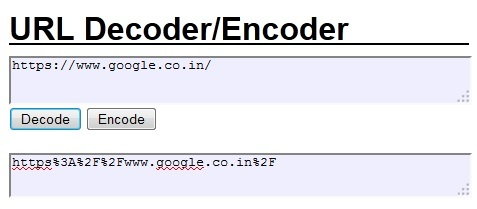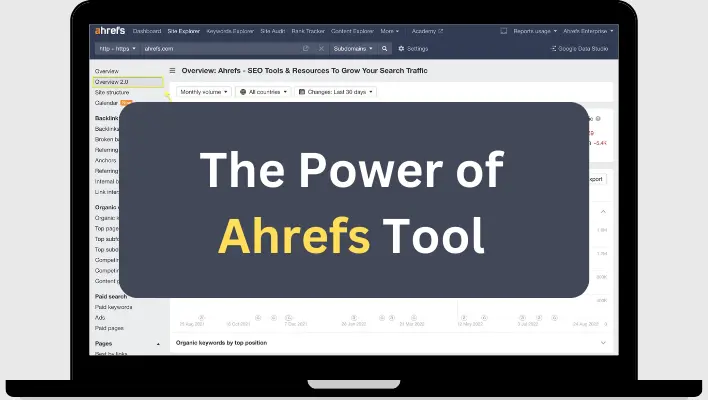What Is a URL Encoder/Decoder and How Does It Work?
URLs are a crucial part of any website, but often they can be difficult to read or contain special characters that need to be encoded or decoded for proper functionality. This is where a URL encoder/decoder comes in handy. But what exactly is a URL encoder/decoder, and how does it work? This blog post aims to answer these questions and offer clear, easy-to-understand guidance on the topic.
Contents
What Is URL Encoding?

URL encoding, sometimes referred to as percent encoding, is a method of converting special characters into a format that can be safely transmitted over the internet. When you input a URL, it may contain characters like spaces, slashes, or punctuation marks, which could break the URL or lead to incorrect page loading. Encoding transforms these characters into a standard, recognizable format.
For example, a space is encoded as %20, and a forward slash / remains encoded as is because it’s a reserved character in URLs.
Why Is URL Encoding Important?
In a perfect world, URLs would only contain plain alphanumeric characters. However, URLs often need to carry special characters or language-specific symbols that are not universally recognized by web browsers. URL encoding ensures that the URL is correctly interpreted by servers, browsers, and other internet systems, preventing errors and improving site performance.
Encoding is especially critical in query strings, where sensitive data, such as user inputs in search forms, needs to be safely transmitted.
What Is URL Decoding?
While encoding makes URLs readable by machines, decoding does the opposite—it turns the encoded URL back into a human-readable format. Decoding is essential when you want to understand or manipulate URLs that have already been encoded.
For example, an encoded URL like https://example.com/search?q=hello%20world would be decoded into https://example.com/search?q=hello world.
How to Use a URL Encoder/Decoder?
The process of URL encoding and decoding is simple with online tools, like those provided by Mini SEO Tools. These tools allow you to either encode a URL to make it web-safe or decode an already encoded URL for better readability.
To use a URL encoder/decoder:
- Copy the URL you want to encode or decode.
- Paste it into the tool’s text field.
- Click the ‘Encode’ or ‘Decode’ button.
- The tool will instantly provide the result.
The Role of URL Encoding in SEO
URL encoding plays a small but significant role in search engine optimization (SEO). Encoded URLs are easier for search engines to read and index, leading to better ranking opportunities. It also ensures that your website operates smoothly, providing a better user experience and improving your site’s credibility.
In particular, SEO metrics like Mozrank, which you can check using the Mozrank Checker, are indirectly influenced by URL structure and readability. A well-structured and properly encoded URL can make a difference in how search engines perceive your site.
When Should You Use URL Encoding?
You should use URL encoding anytime your URL contains characters that are not standard alphanumeric characters. For example, spaces, accented characters, or punctuation should always be encoded to ensure that the URL works properly across various platforms and browsers. This is especially important in eCommerce sites, blog articles, or any situation where you expect a user to input data into a URL.
Conclusion
A URL encoder/decoder is an indispensable tool for anyone working with web development or SEO. By ensuring that URLs are properly formatted and readable by both machines and humans, you can avoid common pitfalls, improve site performance, and even enhance your SEO efforts. Make use of tools like Mini SEO Tools to streamline this process and keep your URLs clean and efficient.
FAQs
How do I know if my URL needs encoding?
If your URL contains spaces, special characters, or non-standard symbols, it likely needs to be encoded to ensure proper functioning across browsers.
Can URL encoding improve my website’s SEO?
Yes, a properly encoded URL can help search engines index your site more efficiently, contributing to better SEO performance.



















